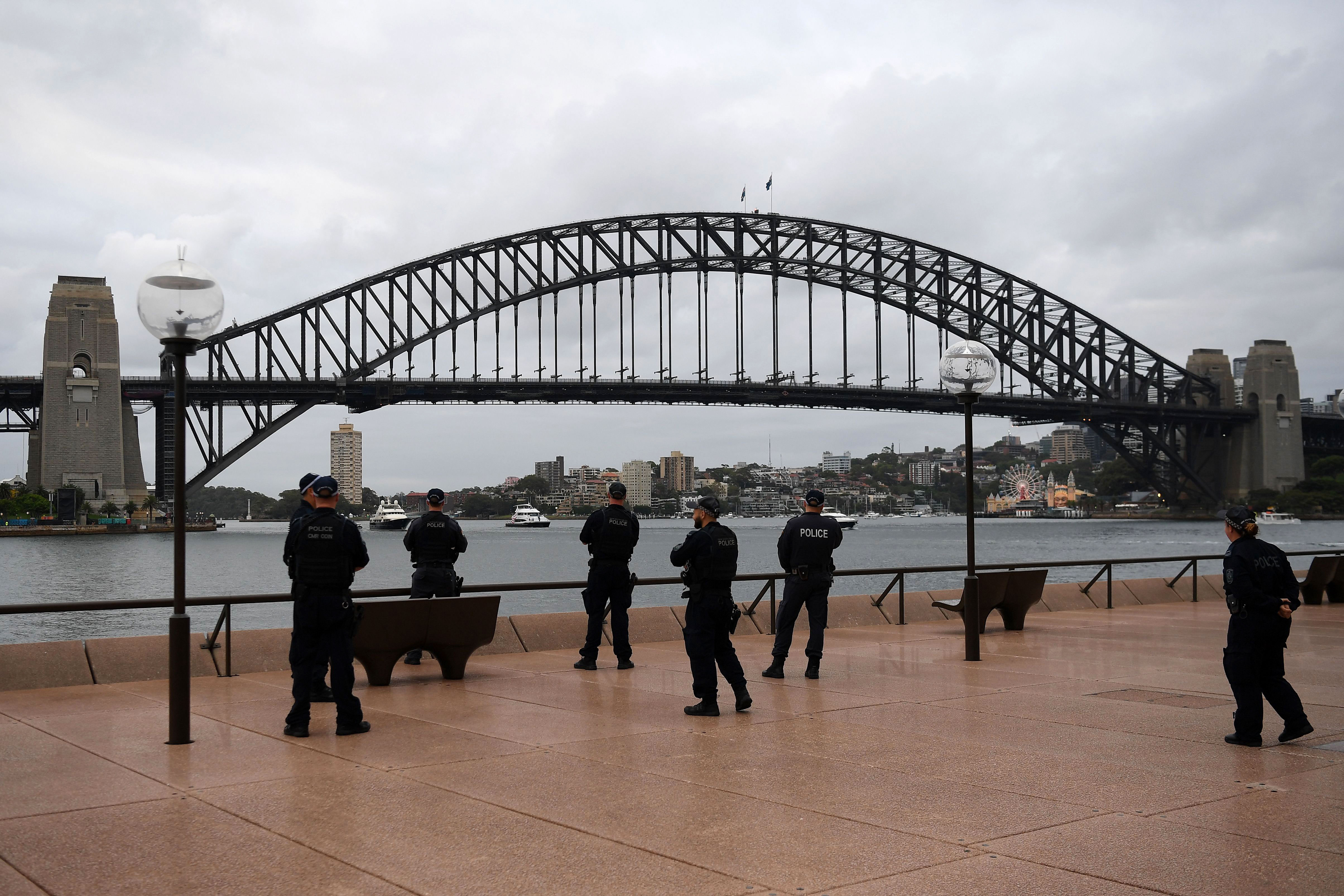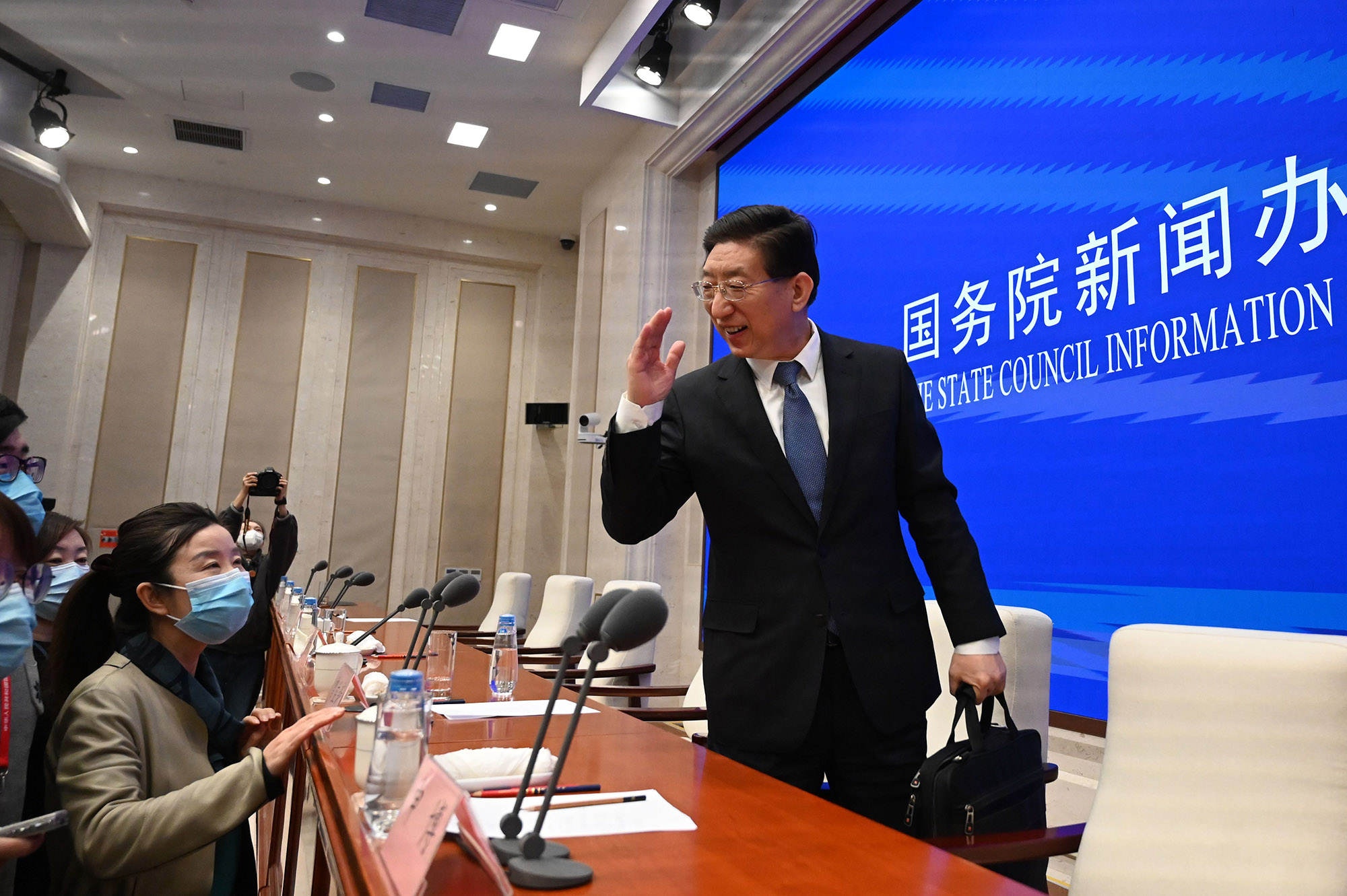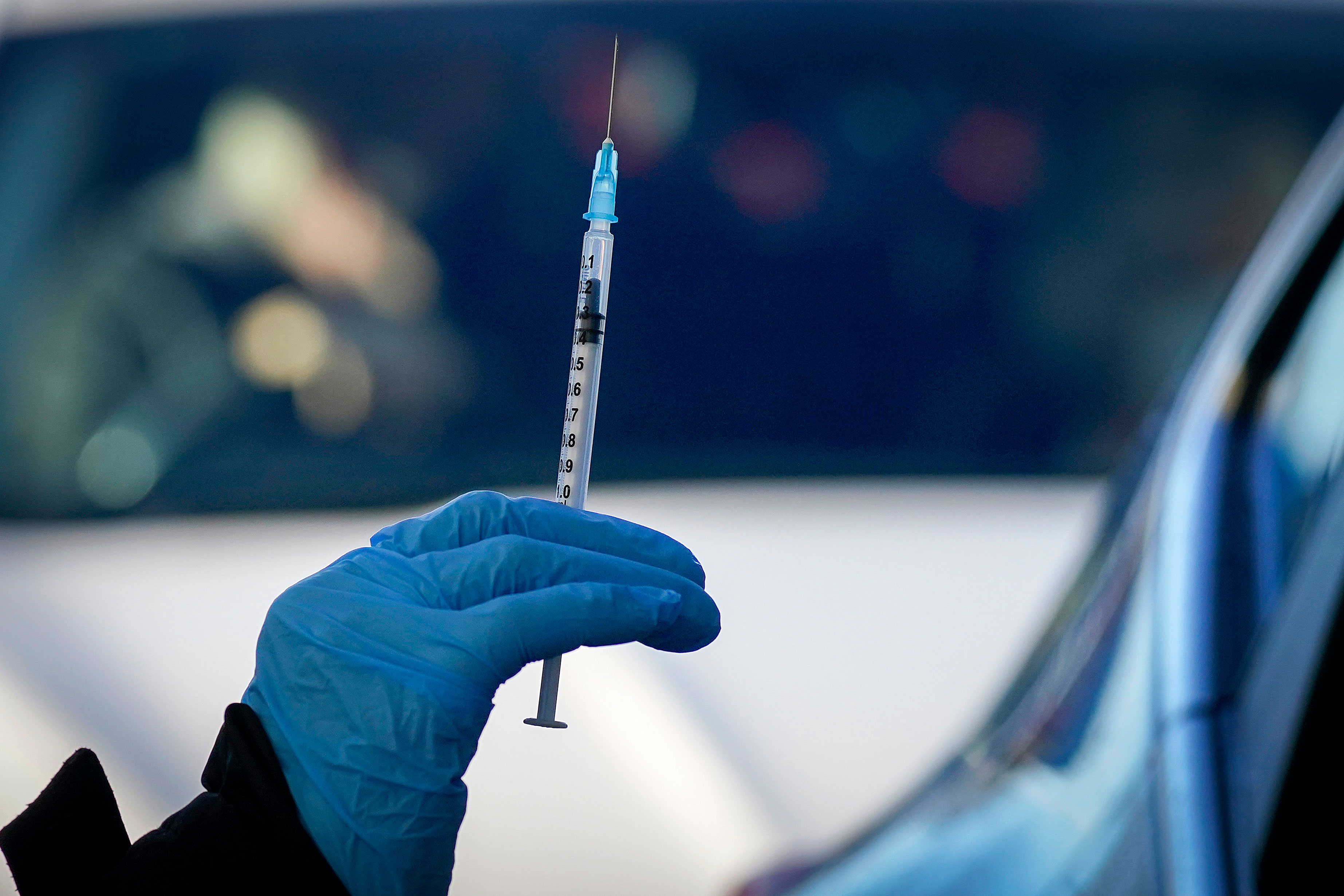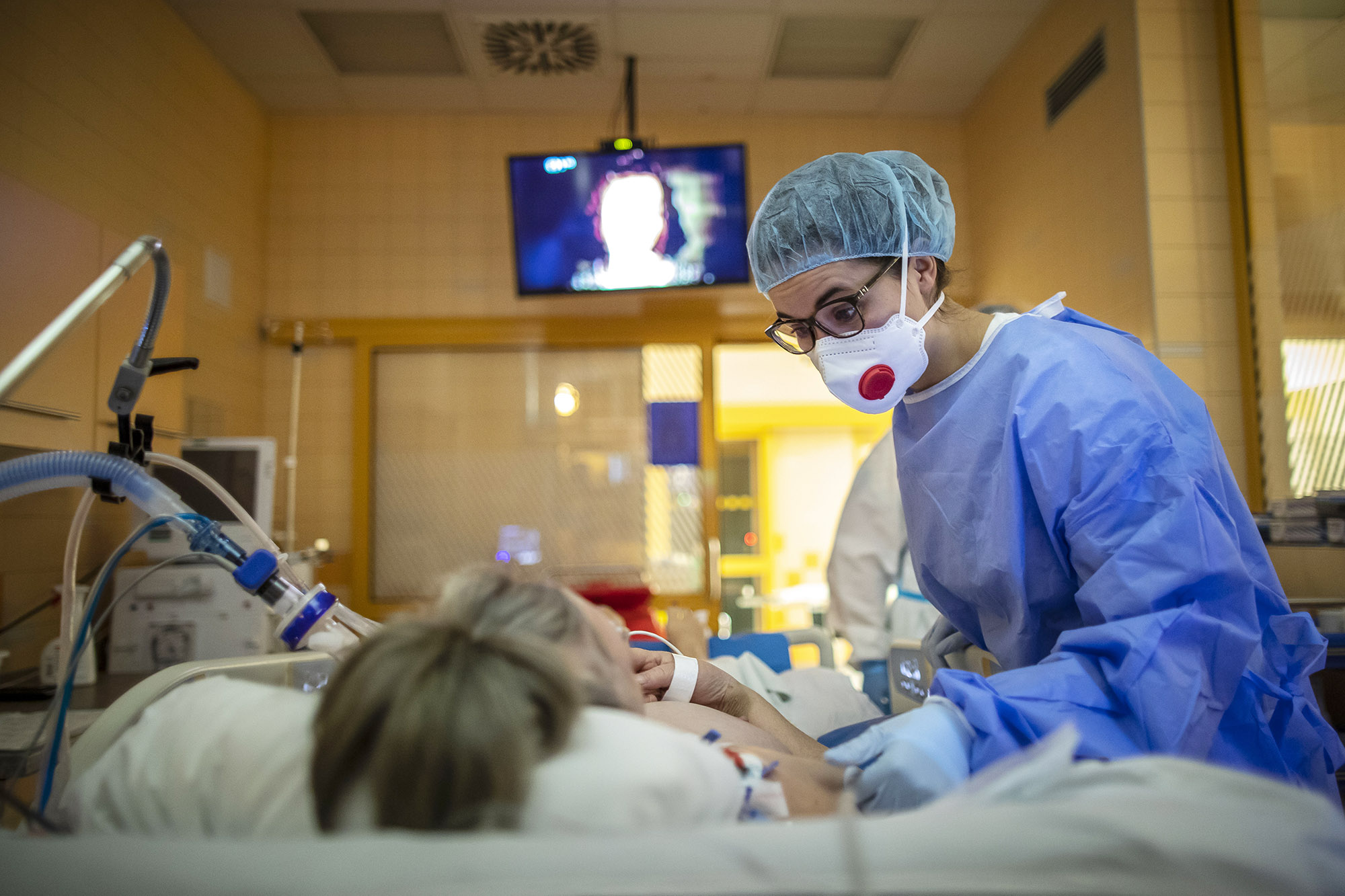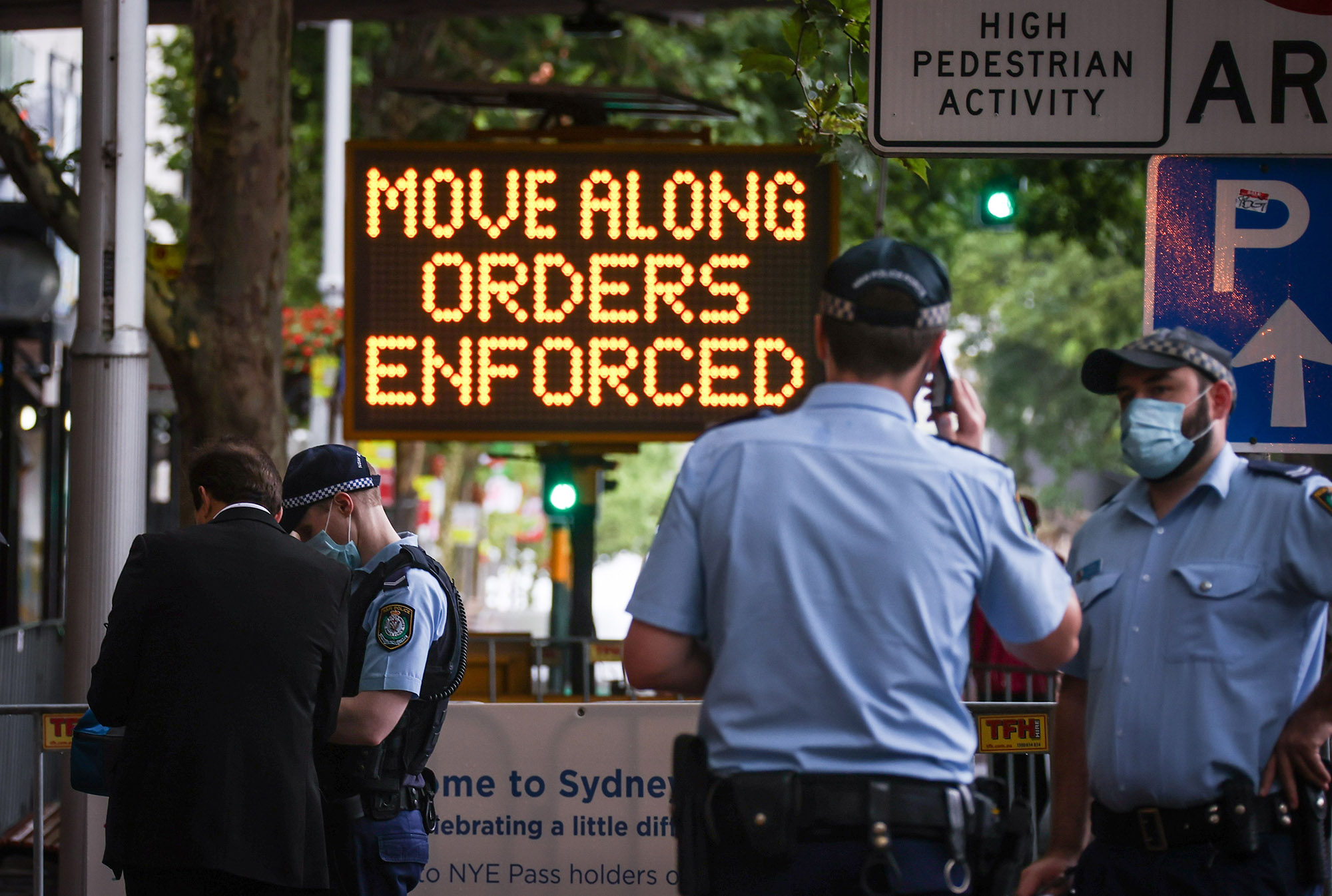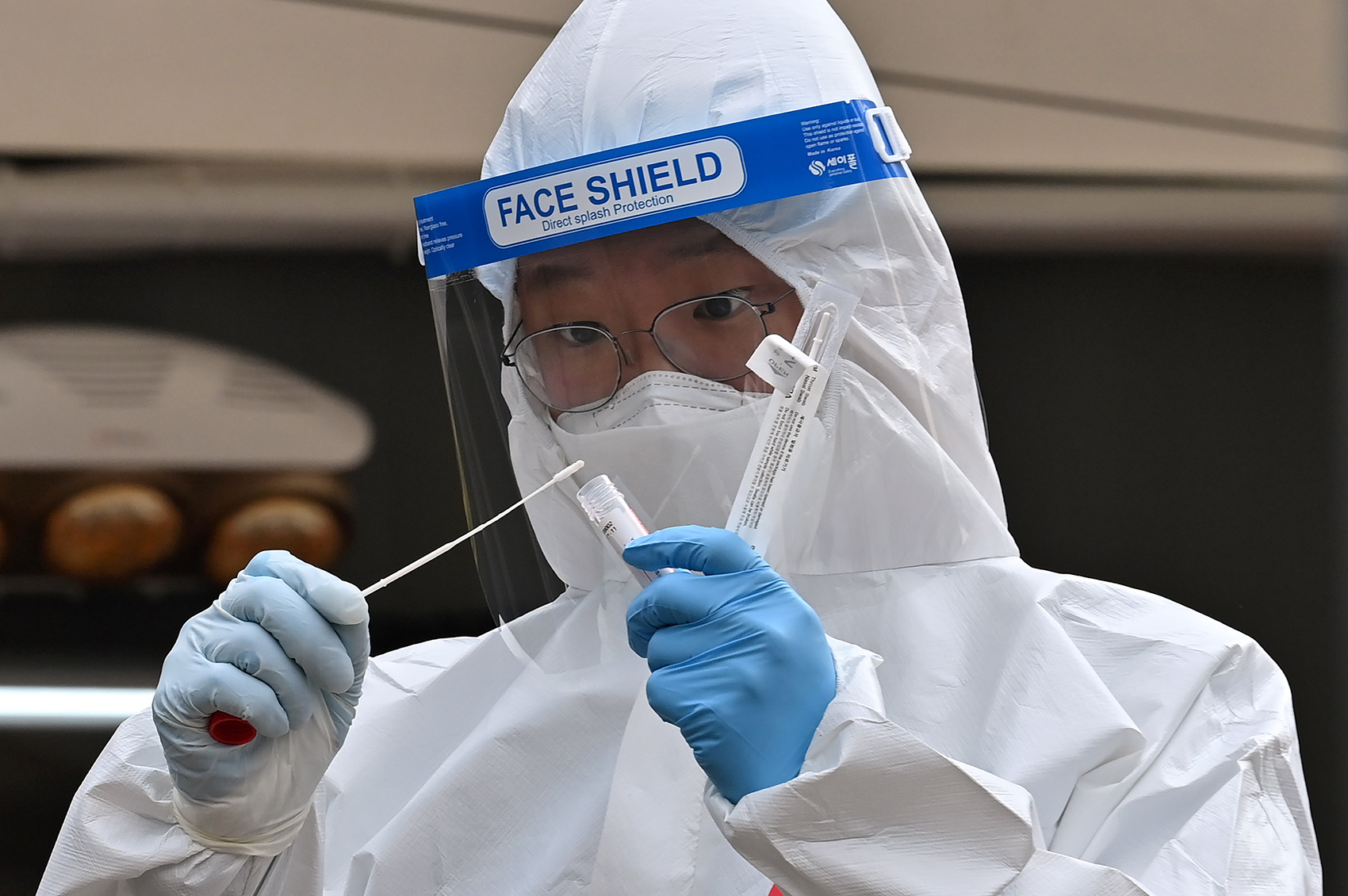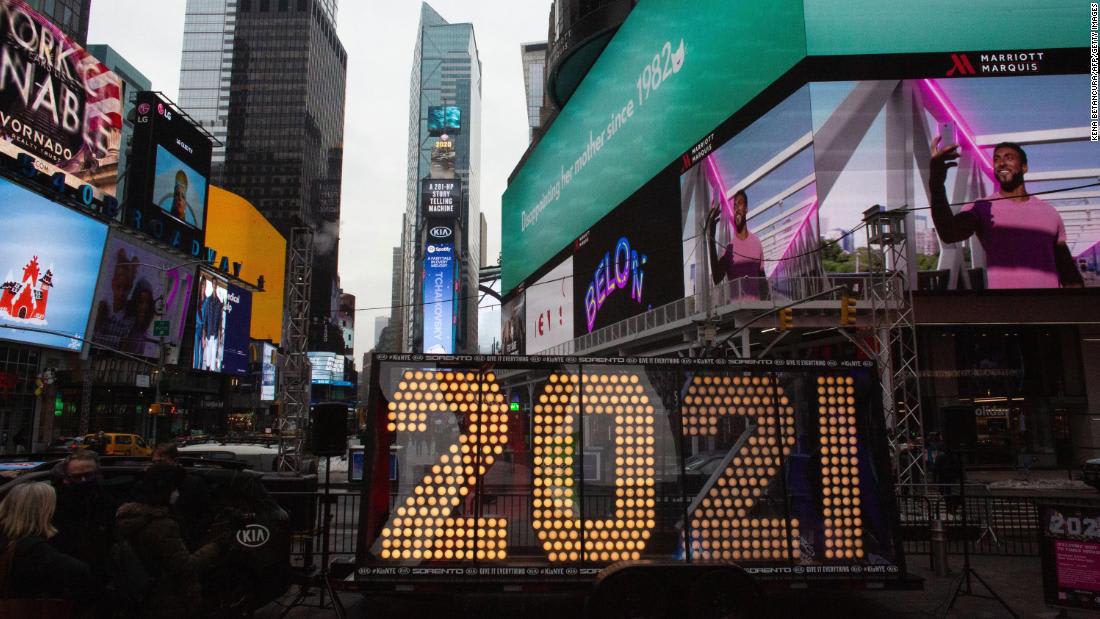The new Covid-19 variant first found in the UK is growing rapidly, is more transmissible than other variants, and affecting a greater proportion of people under 20, according to a study.
The research is a collaborative effort from scientists and researchers at Imperial College London, the University of Edinburgh, Public Health England, the Wellcome Sanger Institute, the University of Birmingham and the COVID-19 Genomics UK Consortium.
As of December 30, at least 27 countries, Hong Kong, and Taiwan have so far reported cases of the new strain, per CNN reporting.
“There is a consensus among all analyses that the VOC [the Variant of Concern or new variant] has a substantial transmission advantage,” the study said. It added that the difference between the reproduction number of the mutation, in comparison to other variants of the virus, is 0.4 to 0.7 higher. The reproduction number reflects the number of individuals that one infected person transmits the virus to.
According to the study, the reproduction number for the new variant is currently between 1.4 and 1.8.
“These analyses, which have informed UK government planning in recent weeks, show that the new variant of concern, B.1.1.7, has substantially higher transmissibility than previous SARS-CoV-2 viruses circulating in the UK,” Professor Neil Ferguson of Imperial College London said.
The study also said that while people under the age of 20 years make up a greater proportion of cases of the new variant of the virus, it is too early to determine the reason why.
As the new variant is more easily transmissible, controlling it will be more difficult, said Ferguson, who emphasized the "urgency of rolling out vaccination as quickly as possible."
Imperial College's Dr. Erik Volz said that "all viruses evolve, and very rarely a virus will change in a way that requires us to re-evaluate public health policy," noting that experts had found "overwhelming evidence of a change in transmissibility of the B.1.1.7 variant that should be taken into account when planning our Covid-19 response in the new year.”
On Monday, the UK will roll out the Oxford/AstraZeneca vaccine, which was authorized for use on Wednesday.



